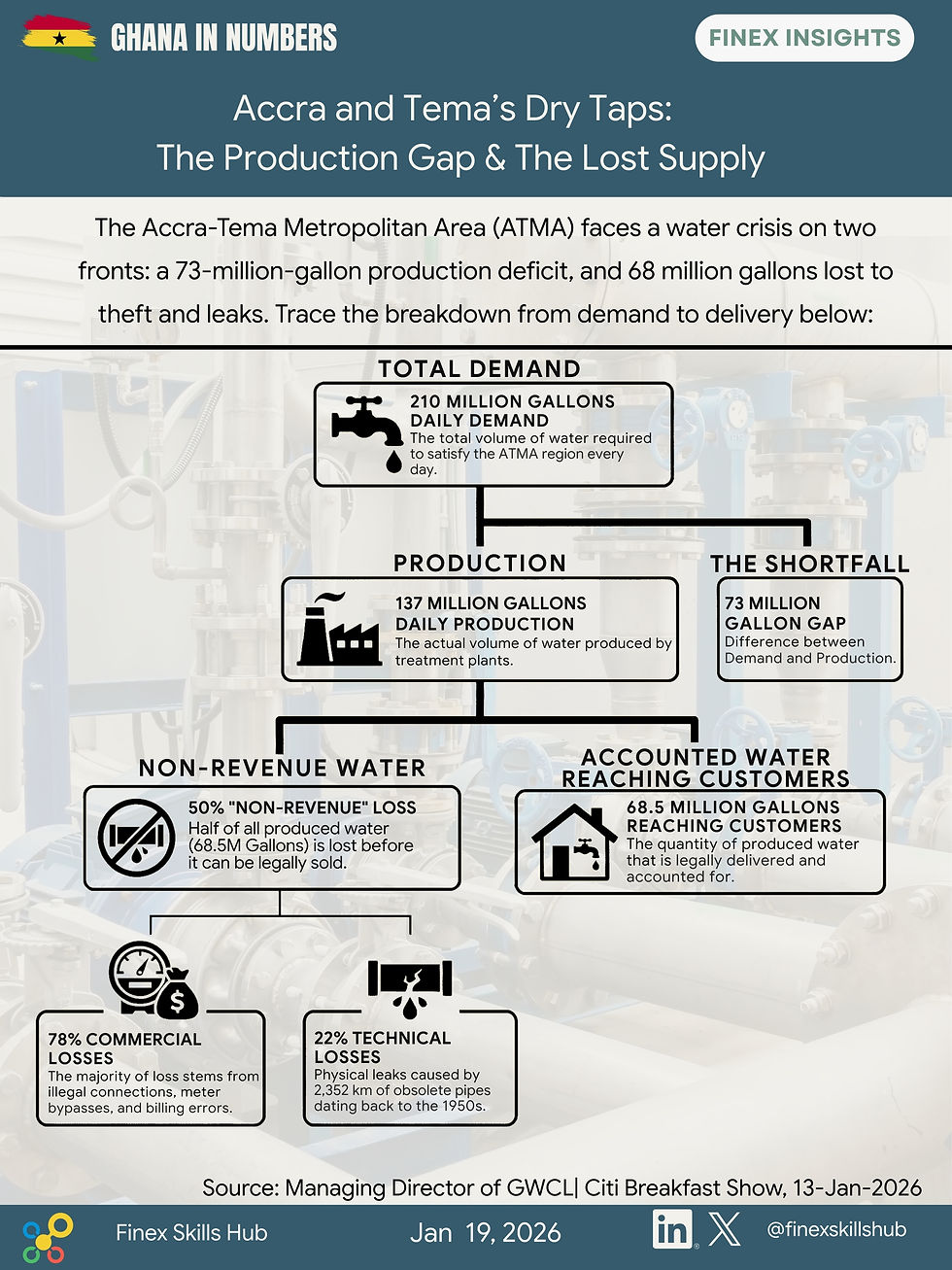Debt-Free or Drowning? A Look at Africa’s Relationship with the IMF
- bernard boateng
- May 10, 2025
- 2 min read
Updated: May 21, 2025
In the ongoing financial journey of African nations, few institutions have played as visible a role as the International Monetary Fund (IMF). While the IMF often serves as a last resort lender, helping nations stabilize their economies during crises, the pattern of borrowing also reveals deeper structural issues—and a few exceptions worth studying.

As of May 2025, only three African countries—Botswana, Libya, and Eritrea—have never borrowed from the IMF. Their reasons vary: Botswana has long been lauded for its prudent fiscal policy and effective governance; Libya's oil revenues and political dynamics have shaped its approach to external borrowing; and Eritrea, often operating under a self-reliant economic model, has deliberately stayed outside many global financial networks.
In stark contrast, Egypt leads the continent’s debtors, with over $8.46 billion in outstanding IMF loans. It's followed by Kenya ($3.02B), Angola ($2.84B), Côte d'Ivoire ($2.63B), and Ghana ($2.46B). These countries have turned to the IMF in response to inflationary pressures, currency depreciation, commodity shocks, or pandemic-related fiscal gaps.
But what does this debt mean?
Critics argue that frequent IMF borrowing can entrench dependency and force unpopular austerity policies. Proponents counter that IMF loans offer critical breathing space to reform struggling economies. The truth likely lies somewhere in between—and depends heavily on how the funds are used.
This divide between borrowers and abstainers offers valuable lessons. Debt-free nations remind us that alternative fiscal paths are possible, while high-debt countries underscore the fragility and interconnectedness of modern African economies.
As debt sustainability becomes a growing concern globally, Africa’s engagement with the IMF will remain a key story to watch.
Sources:IMF Data, May 8, 2025



Comments